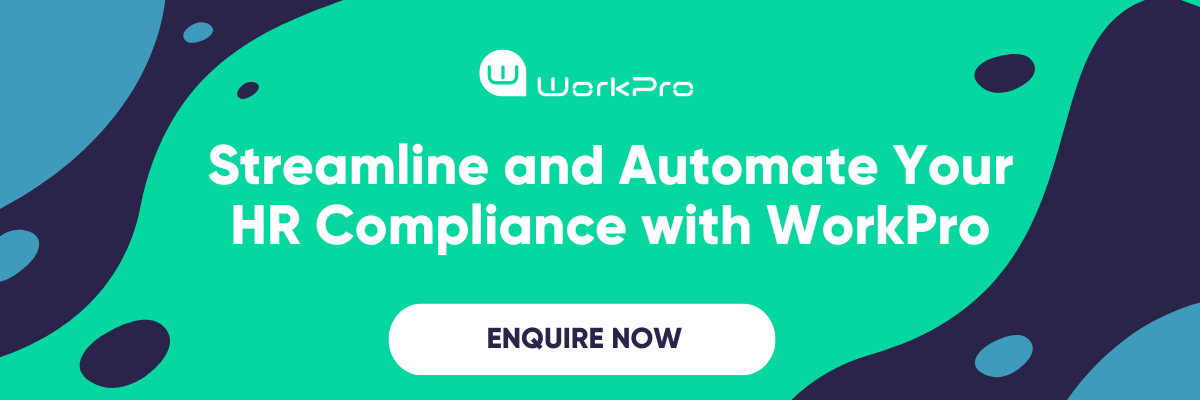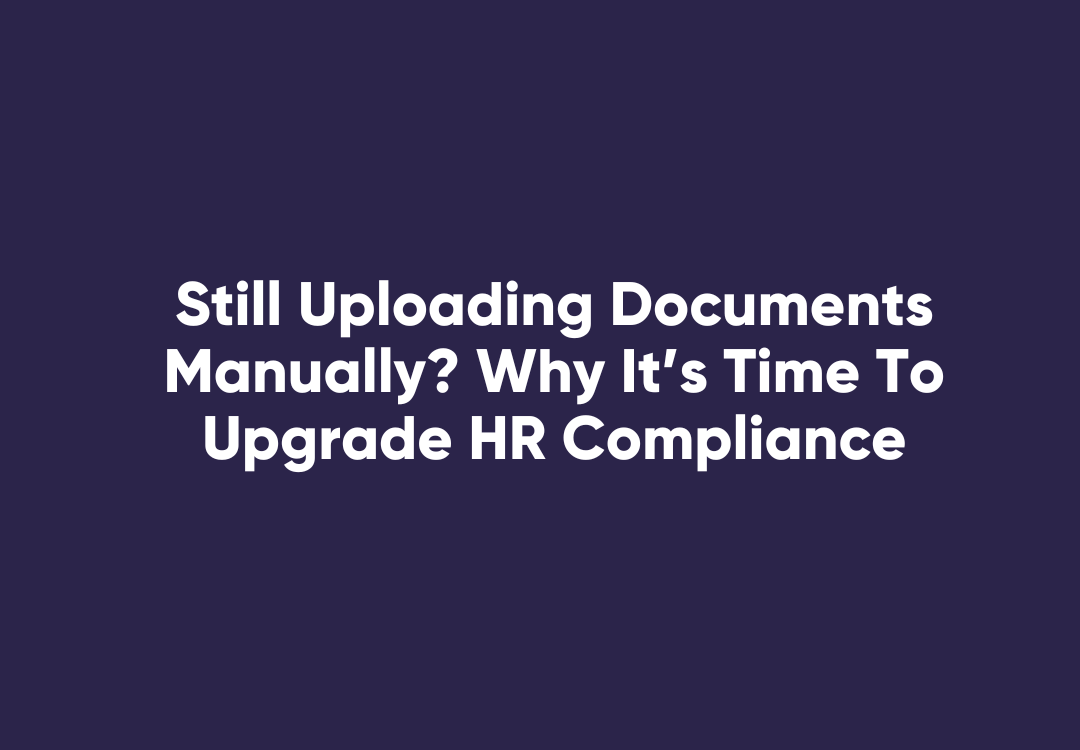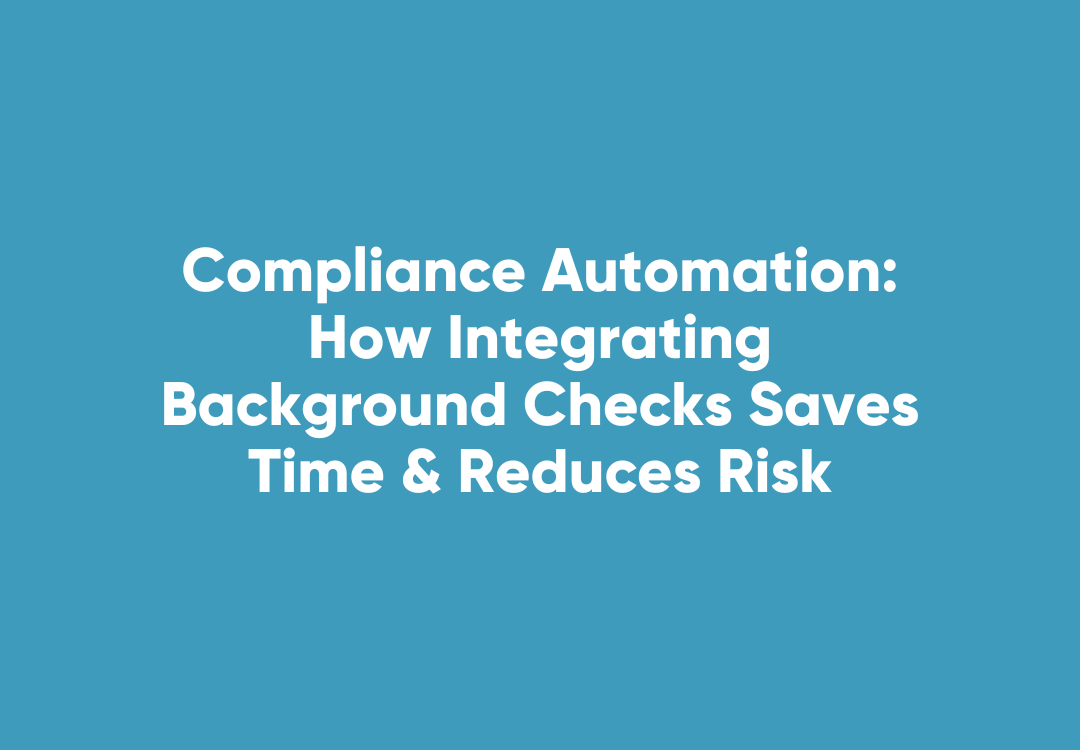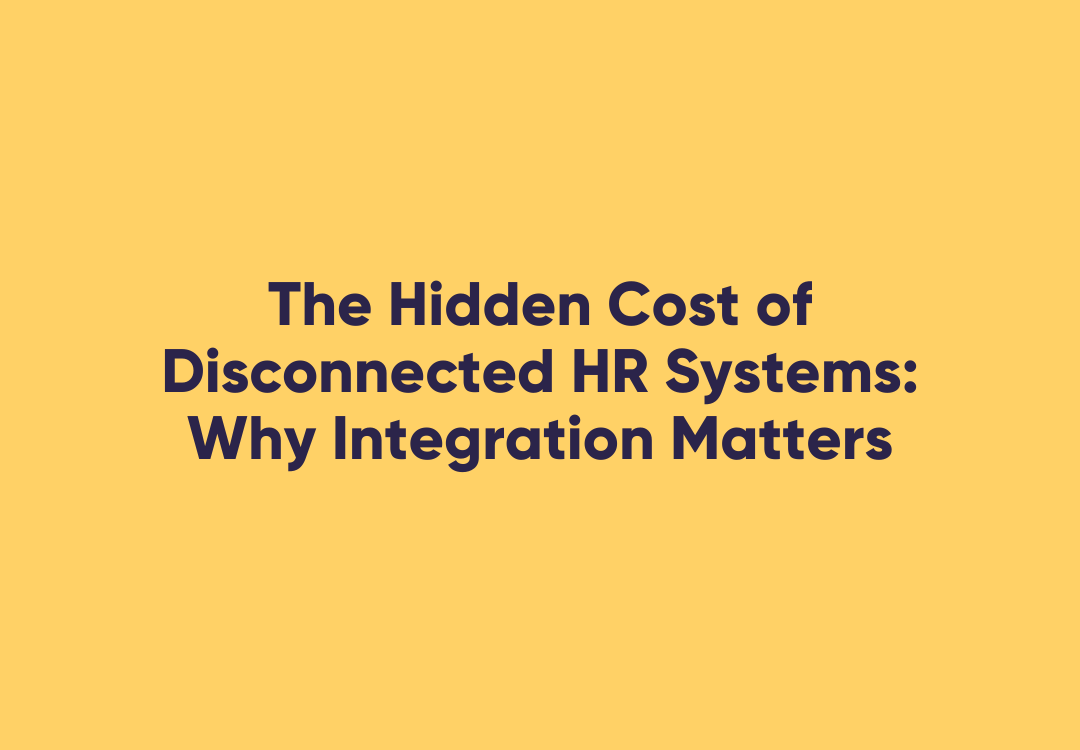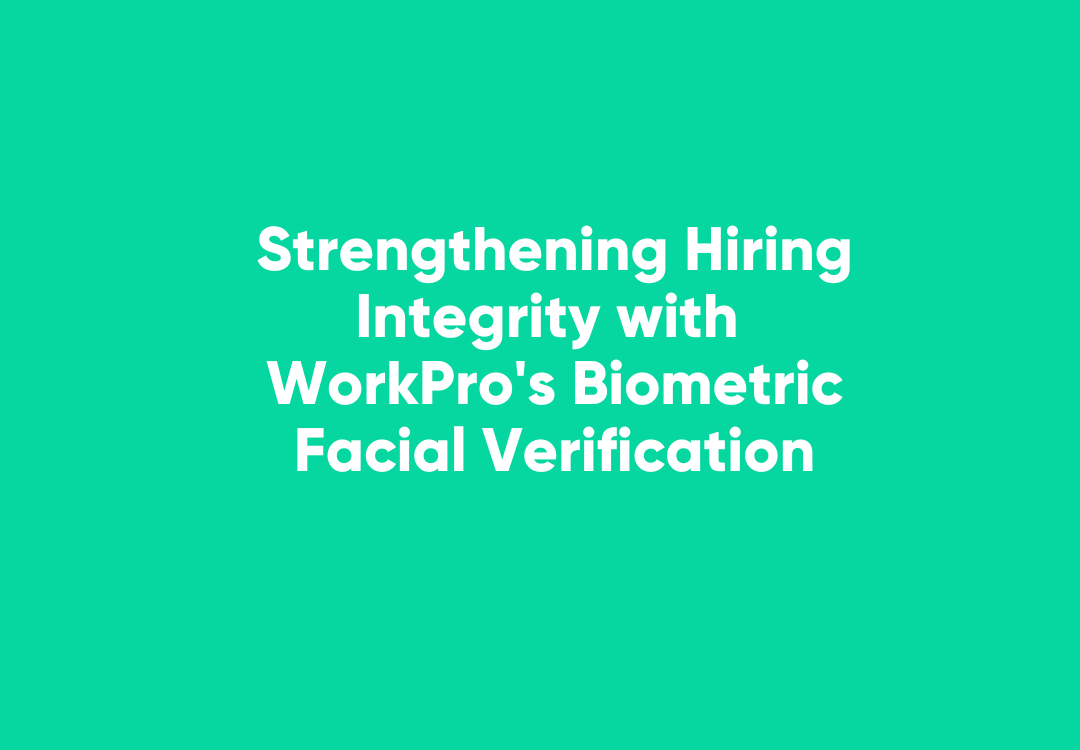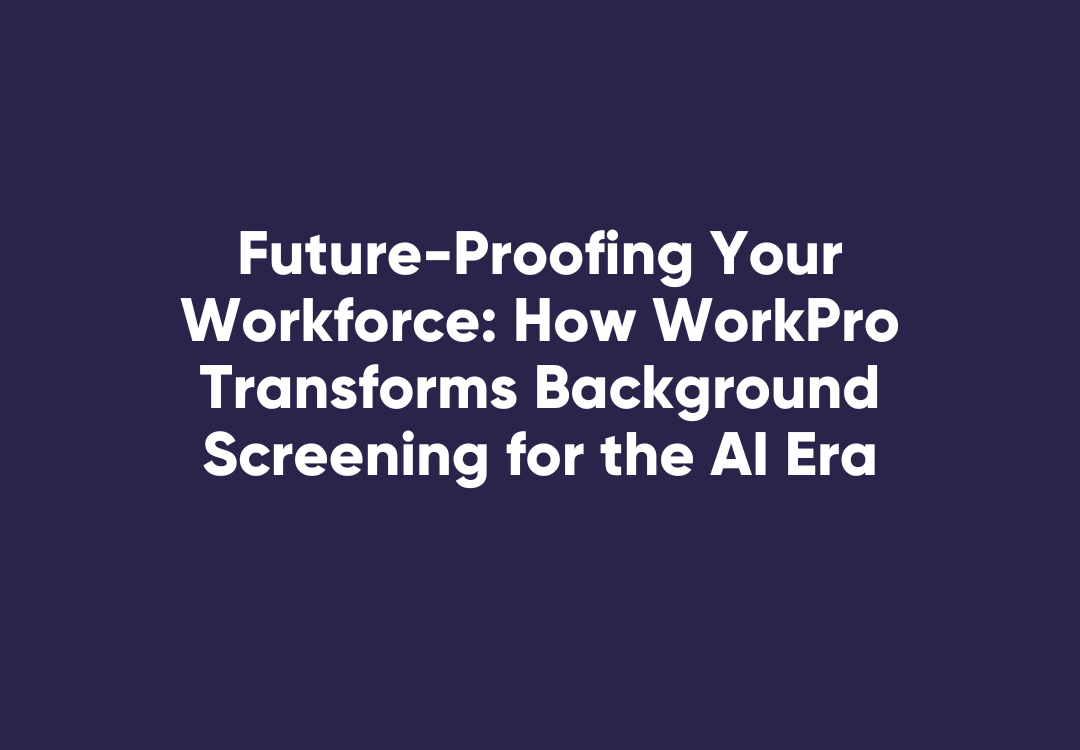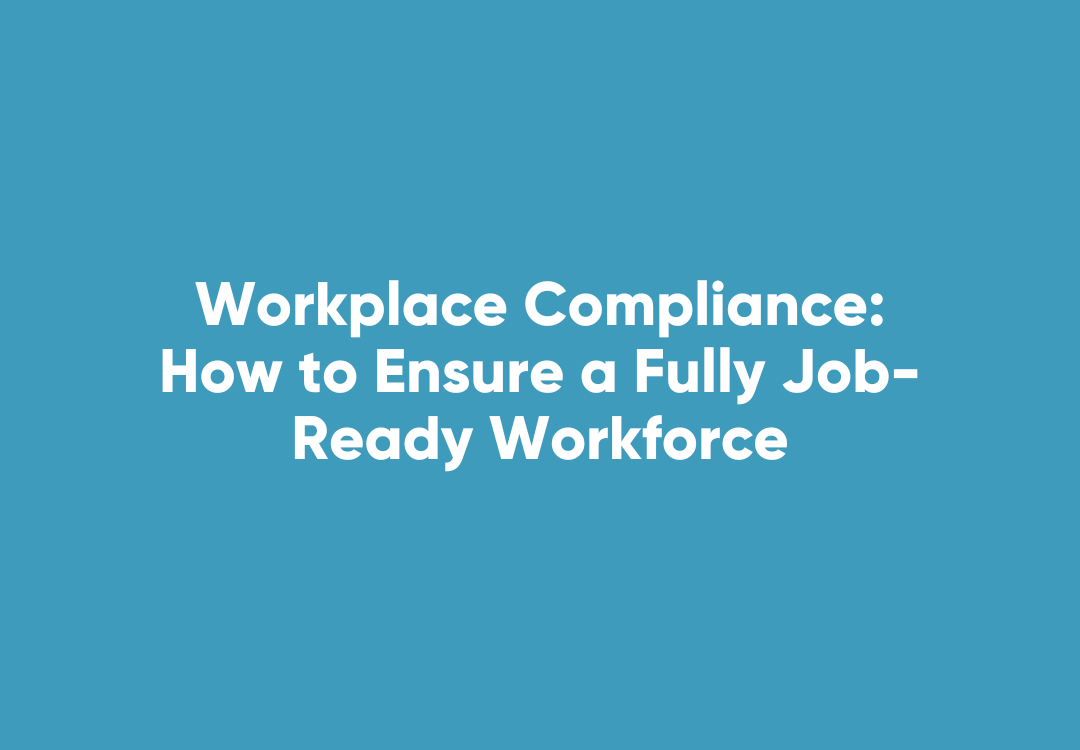Workforce Compliance Updates for Supply Chain: Key Changes in Employment Checks, Training & Credential Management
Workforce Compliance Updates for Supply Chain: Key Changes in Employment Checks, Training & Credential Management
Keeping a workforce job-ready is no small task, especially with Australia tightening compliance regulations in 2024 and 2025. Employers need to stay ahead of employment check requirements, training mandates, and credential verification laws to ensure seamless hiring and ongoing compliance.
Here’s what’s changing and what businesses need to do to stay compliant.
1. Stronger Workforce Security Under the Security of Critical Infrastructure (SOCI) Act
Australia’s Security of Critical Infrastructure (SOCI) Act now extends to 11 critical infrastructure sectors, including supply chain, logistics, and transportation. This expansion brings new workforce security obligations, meaning employers must verify employees more rigorously and monitor credentials continuously.
Key updates include:
- Personnel Security Measures: Businesses must conduct comprehensive employment background checks, including work rights, police checks, and security clearances for roles handling sensitive data or operations.
- Risk Management Programs: Employers must track credentials and compliance to meet risk management obligations and demonstrate due diligence.
Companies failing to meet these requirements risk severe penalties and reputational damage.
🔗 Read more about the SOCI Act compliance updates here:
https://www.homeaffairs.gov.au/reports-and-publications/submissions-and-discussion-papers/protecting-critical-infrastructure-systems
2. Fair Work Act Amendments Impacting Employment Contracts & Wage Compliance
The Fair Work Act has undergone major amendments, with two key changes impacting employment checks and workforce compliance.
1. Redefinition of Casual Employment (Effective 26 August 2024)
The new definition of casual employment affects how employers classify and manage casual workers. If an employee’s work pattern becomes regular and systematic, they may be entitled to conversion to permanent employment.
- Employers must update hiring contracts and classification processes to avoid compliance breaches.
- Misclassifying workers could lead to disputes, penalties, and back-pay obligations.
2. Wage Theft Becomes a Criminal Offense (From 1 January 2025)
Deliberately underpaying workers will now carry criminal penalties, including jail time for company directors and fines up to $7.8 million. This places greater accountability on payroll systems and requires robust compliance monitoring.
Employers must ensure:
✅
Accurate wage calculations aligned with Modern Awards
✅
Payroll audits to detect and prevent wage discrepancies
✅
Compliance training for HR and finance teams
🔗 Get the full details on Fair Work changes here:
https://www.fwc.gov.au/issues-we-help/casual-permanent-status and
https://www.fairwork.gov.au/newsroom/news/new-criminal-underpayment-laws-start-1-january-2025
3. Moving to Standardised Digital Identity Verification Under the Digital Identity Act 2024
As businesses move towards digital hiring and onboarding, identity fraud risks have increased. To combat this, the Digital Identity Act 2024 strengthens verification requirements.
What this means for employers:
- Digital Right to Work Checks: Employers must use secure, government-backed digital ID verification for new hires.
- Automated Identity Screening: Employment platforms need automated ID and document verification to reduce fraud risks.
- Compliance with Privacy Laws: Businesses must store employee identity data securely and comply with Australia’s Privacy Act.
🔗 Learn more about digital identity compliance here:
https://www.digitalidentity.gov.au/
4. Modern Slavery Act Reforms & Workforce Compliance
The Modern Slavery Act 2018 (Cth) has been strengthened to increase accountability in employment screening and supply chain compliance. Businesses are now required to take greater action to prevent forced labour and unethical employment practices.
Key reforms include:
1. Introduction of Penalties for Non-Compliance
- Companies that fail to submit modern slavery statements, provide false information, or ignore remedial actions will face civil penalties.
- The move aims to strengthen corporate accountability and eliminate unethical employment practices.
🔗 Read the government’s response to these changes:
https://www.aicd.com.au/regulatory-compliance/government-legislations/modern-slavery-law/modern-slavery-act-review.html
2. Appointment of the Australian Anti-Slavery Commissioner
In December 2024, Chris Evans was appointed as Australia’s first Anti-Slavery Commissioner, responsible for:
- Overseeing modern slavery compliance within Australian businesses.
- Providing guidance on ethical employment practices.
- Developing industry-wide reporting standards.
🔗 Learn more about the Commissioner’s role:
https://www.nortonrosefulbright.com/en/knowledge/publications/fcd12edc/the-australian-governments-response-to-the-modern-slavery-act-review
3. Retention of the $100 Million Reporting Threshold
- Companies with annual revenue over $100 million must report on their efforts to prevent modern slavery.
- Small and medium businesses that supply to large corporations must also demonstrate ethical employment practices.
🔗 Full details on compliance thresholds:
https://www.aicd.com.au/regulatory-compliance/government-legislations/modern-slavery-law/modern-slavery-act-review.html
5. Training & Credential Management: Keeping Workforce Compliance Up to Date
With more regulations requiring ongoing compliance tracking, businesses must manage workforce credentials efficiently. The key trends for 2024-2025 include:
📌
Automated Credential Expiry Alerts
Workplace certifications, security clearances, and training need automatic reminders and re-certifications to remain compliant.
📌
Industry-Specific Compliance Training
New laws mean mandatory compliance training is expanding across industries like logistics, healthcare, and critical infrastructure.
📌 Secure Digital Storage of Workforce Credentials
Employers must store digital records of employee licences, certificates, and qualifications securely and access them instantly for audits.
🔗 See how digital workforce compliance solutions simplify this process:
https://www.workpro.com.au/Services/digital-identity-solution
How WorkPro Can Help You Stay Compliant
Keeping up with workforce compliance laws can be overwhelming. WorkPro simplifies the process by offering an all-in-one platform for:
✔
Employment screening &
background checks
✔
Automated
credential verification & tracking
✔
Pre-built
eLearning for workplace compliance
Stay ahead of compliance changes—streamline employment checks & training today. Book a WorkPro demo now.
Final Thought: Compliance as a Competitive Advantage
Regulatory shifts in 2024 and 2025 signal a stricter, more accountable workforce environment. Employers who proactively invest in workforce compliance technology will not only reduce risks but also gain a competitive edge in hiring and retention.
Got questions about workforce compliance? Let’s chat!




